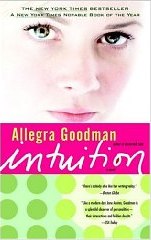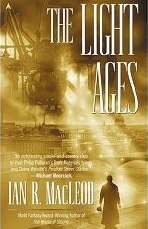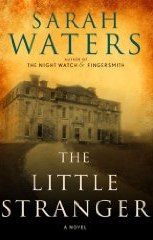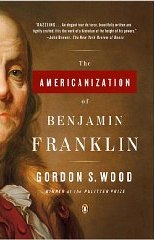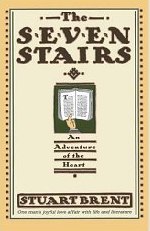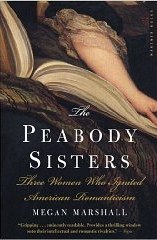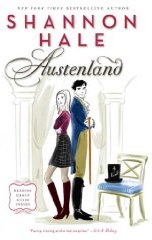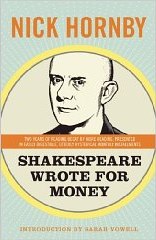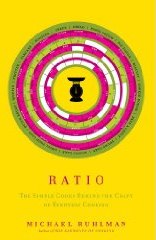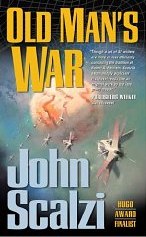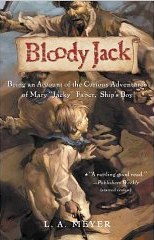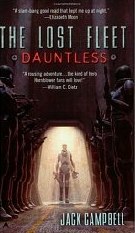I was there. Goodman’s remarkable study of scientists at work is set in a biochemistry lab near Harvard in 1985. I was working right down the street, in the Chemistry department, from 1978-83. The settings, the scenery, the people: they’re all right. Not touristically right; people behave as scientists do.
The detailing is extraordinary. The dinners of yellow crackers with orange cheese, apple juice (good for you) and a brownie — I ate them, and Goodman knows you need two packages of crackers for dinner. Celebrations as the Wursthaus, burgers at Elsie’s. Climbing the hippo in the snow. When some of the students drive up to Plum Island for a day of casual birding, the description is exactly right – and so are the birds.
But, more impressively, Intuition also captures the why scientists do science. It’s a long, long pull, modelled roughly on the Imanishi-Kari affair, and in its course we shed lots of people who never really liked science. They go into teaching or administration or management. Indeed, while Goodman tempts the reader with several enthralling plot devices — are the results too good to be true? who will end up with Dr. Glass’s lovely 16-year-old daughter? — she does a wonderful, Maltese Falcon-esque job of hiding its core question.
If the plotting recalls The Maltese Falcon (in which everyone — you too — gets so wrapped up chasing the black bird that they lose track of the real mystery, the murder of Spade’s partner), the other parallel Herman Wouk’s The Caine Mutinty, which starts as a sentimental wartime melodrama but is nearly overset by the winds of reality. Wouk asks, “Who is the real sailor?” “Who is the true man?” Goodman asks, “Who is the real scientist?” and shows you so many tempting technical baubles that you, along with most of the characters, watch the chase for tenure and grants and the cure for cancer and overlook what’s really going on and what scientists really need.
Caine was Wouk’s finest book, but Intuition is simply better.
June 18, 2009 (permalink)
